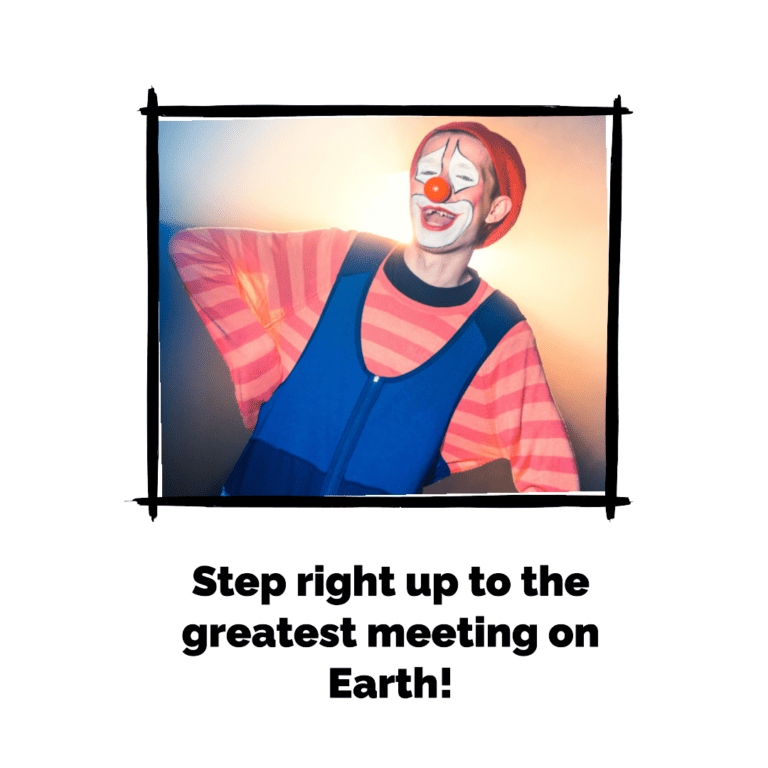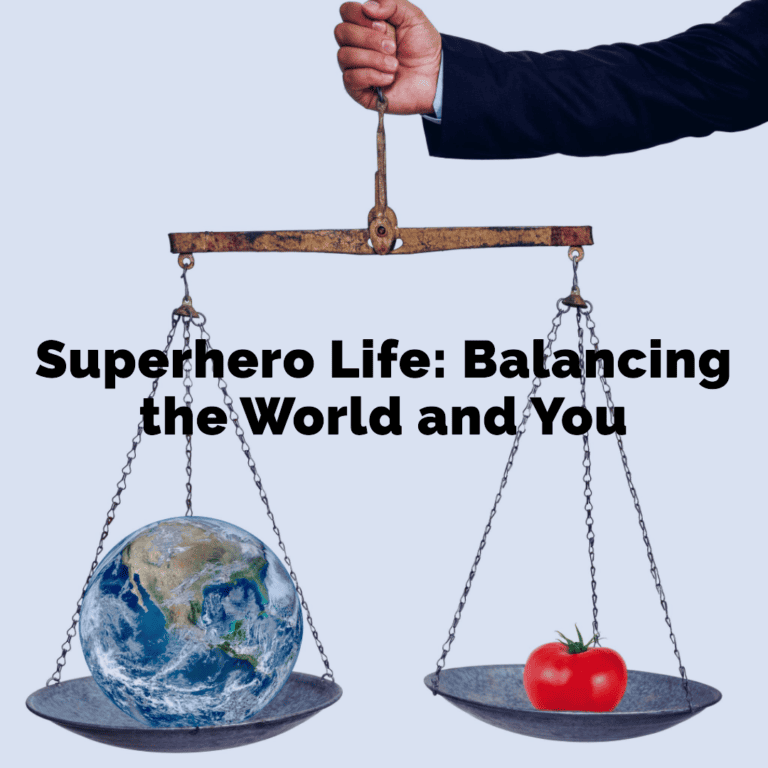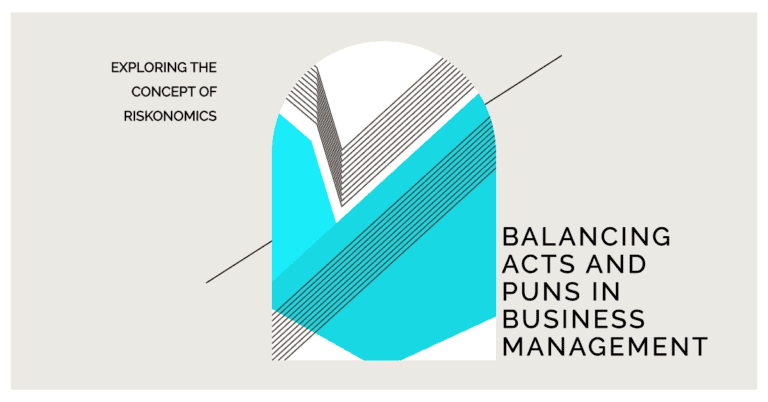There was the whir of the air conditioning in Meeting Room 4D and the crackle of nervous air. Chairs groaned as hunched-over bodies shifted. It was time for ‘Risk-a-holics Anonymous’, the monthly self-help meeting for those among us who look for the beats and spasms that come packaged up in the grit and grime of management.
By day, they live for spreadsheets and stuttering algorithms, scratching their bottoms and steering the ship away from the rocks of CFO recrimination. By night, they gather in a bar to pass around bottles of plonk and swap epiphanies and tales of derring-do.
In the corner, waiting to deliver her presentation to all of us in the open collaboration zone, was Jess, the manager responsible for a multimillion-pound project and self-described ‘risk junkie’. Her short pixie cut and confident strides echoed as she began her tale, a sparkle in her eyes that suggested she’d had an experience most HR recruitment managers only read about in their MBA textbooks.
‘OK,’ she said, ‘back to Q2 last year. We had everything going on like nobody’s business, but then we discovered that our main supplier was backing out. Just like that. Boom. We get kicked in the teeth by them.’
Groans went around that room. It had been a long time since any of them had been so close to catastrophe in the world of logistics. Jess went on, ‘I had two options: I could panic and watch the ship go down – or I could put my egg in the freaking greenest first-time importer that ever existed to try and help us out of the frying pan.’
After all, Jess wouldn’t jerk back at the abyss’s edge. She picked up the phone and made the call. That was risky, to be sure, but as she told me: ‘You’ve got to crash through the iceberg sometimes to avoid the iceberg.’ She negotiated to keep the production line open and clinch a new long-term deal with better terms than the original.
‘But oh, the sleepless nights.’ Jess laughed. They still look sad.
Second to go was an operations veteran named Bill, who told the room his cautionary. ‘I started at this company 14 years ago as a junior executive with a swagger and a goatee for those who don’t know me. I always prided myself on identifying significant opportunities, often leaning on gut instinct alone. One of my first tasks was launching a new project barely supported by data. For lack of a better word, I was cocky. I loved taking on new projects and proving my worth by braving vicious political firestorms.’
Silence gripped the room. Everyone leaned a bit forward.

‘We put millions into it. We could never have foreseen. Then, more information came in. It started to be spelt out on red lettering. It was going down like a brick.’ Bill paused, eyes glazing over. ‘It was a hard lesson, but a more noteworthy one, a lesson I carry forward: you respect risk for being double-edged.’
People nodded their heads. Taking risks is the beat of the new. It’s also the monster under the bed; innovation takes guts. Risk has to take a front seat in every strategic discussion, relegating caution to the back. But as Bill concluded his story: ‘Risk smart, not wild.’
So we had some fun, Paula leading the way as usual. Paula was the group’s unofficial cheerleader, with a far more whimsical way of discussing her reckless adventures. ‘I was only a month into my job and wanted to write a new performance review. I had a whole new system, revamped everything, and blew the old one out of the water!’ Paula licked her lips and tittered affectionately at her playful audience. They clapped lightly.
‘It was a mess! Half the team didn’t even know what they were being reviewed against anymore. Hey, that’s how you learn that there is such a thing as being too hardcore. The team rolled back the changes, collected feedback, and tried again. The second time, it was successful.’
Stories such as Paula’s reminded all that a misstep is a milestone. Management, after all, is as much about recalibration as it is about steering.
By the end of the night, it is Tanya’s turn. She’s the most recent addition to this inner circle. She is still trying to find her way as an entrepreneur. ‘I’ve started this small tech company,’ she explains. ‘We’re not doing badly, but I keep hearing about this concept of risk. How do I know how much to take?’
The room was quiet momentarily until Javed, a long-haired CEO with grey streaks in his beard, broke in: ‘Tanya, risk is like a fire. It’ll cook you dinner, or it’ll burn your house down. It’s all about understanding the nature of it. Do the things where you have a Plan B, and always back up your Plan A. And never bet more than you can afford to lose. It’s all about balancing the reward of possibility against the fear of failure.’
A unique excitement comes from leading. The pursuit of delivering a new product, the terror of riding the market roller-coaster, the euphoria of manoeuvring through a storm, only to make it into smoother seas. These tales, ditties of dodging disaster, lessons learnt and leaps of faith became the keystones of Risk-a-holics Anonymous.
With the debrief over and colleagues preparing to leave, there was a sense of we’re-all-in-this-togetherness. Regardless of the role-playing and the incomprehensible jargon, the reality for this weird crew is that work is, in many ways, a voyage. You might spend entire days smooth sailing. At other times, you’ll be forced to ride those wild waves.






